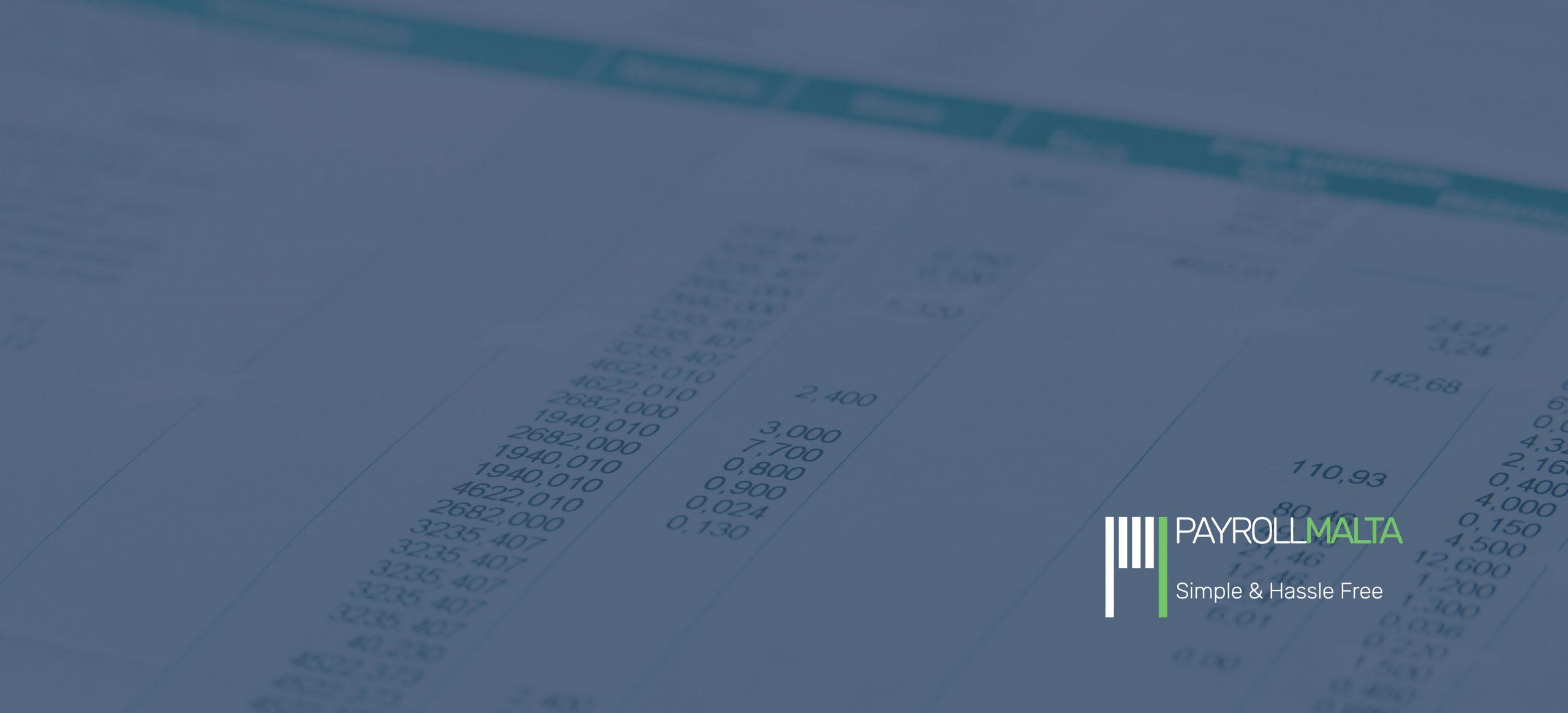Malta-based businesses are eligible for government funding to help them through the adverse economic situation the spread of coronavirus pandemic has caused. PayrollMalta has compiled the most important information points in this guide to help businesses and individuals with navigating in this uncertain climate.
Eligibility
Maltese businesses hardest hit by the financial repercussions of the Covid-19 outbreak are eligible for government wage subsidies to counter the economic impact the pandemic is causing. Companies can apply for the benefits through state agency Malta Enterprise. Sectors affected most critically include (but are not limited to):
- wholesale,
- retail,
- accommodation,
- food and beverage service activities,
- vehicle rentals,
- employment activities,
- tour operators,
- travel agencies,
- security companies,
- building services companies,
- transport companies, creative, arts, and entertainment activities,
- personal activities (such as barbers, beauticians, and similar businesses).
The list of businesses (Annex A) eligible for Covid-19 wage supplements is available on the official website of the Malta Enterprise, including the NACE codes of companies that can apply.
The list of businesses (Annex B) eligible for other types of wage subsidy is available on Malta Enterprise’s website with their respective NACE codes.
Applications
Businesses seeking aid can apply through state agency Malta Enterprise, which is responsible for coordinating the support initiative.
Covid-19 wage supplements
Businesses who are adversely impacted by the economic repercussions of the Covid-19 pandemic (or had to suspend operations ordered by the Superintendent of Public Health temporarily) are entitled to up to a wage of €800 for full-time employees and €500 for part-time employees.
The basic gross of €800 per month for a full-time employee can be topped up by €400 by employers to fight redundancies and furloughs. For part-time employees, the government benefit is gross €500, with the possibility for employers to top it up by €250. Businesses unable to top up the government’s supplement are required to register with the Department of Industrial and Employment Relations (DIER).
The government will send the subsidy to employers, and employees will receive the wage supplement from their employers, once the social contributions and necessary taxes have been deducted.
Employers are obliged to pass on the minimum wage subsidy (bar the employee’s social contributions and state taxes) to an employee when operations are affected by Covid-19 measures.
Employers are obliged to reach out to and make agreements with the DIER to reduce employees’ weekly hours to work a four or three-day week, in which case the wage supplement would still be allocated.
Other wage supplements
In other adversely affected sectors, full-time employees are eligible to receive up to €160 per month, while part-time employees are entitled to a maximum of €100 per month. For Gozo-based enterprises, this benefit is doubled to €320 per month for full-timers and €200 per month for part-timers.
Subsidies for self-employed
The self-employed in other adversely-affected sectors (Annex B), who have employees, are entitled to a monthly €320 for full-timers and monthly €200 for part-timers.
The Gozo-based full-time self-employed in other sectors (Annex B) are entitled to €320 a month. For those who employ staff, this increases to €480, while employees are entitled to a maximum €800 a month.
The Gozo-based part-time self-employed are entitled to €200, increasing to €300 for those who employ staff, with the employees receiving gross €800 a month.
Third-country nationals
Third-country nationals (TCNs) who lost their jobs due to the current economic situation, and reside in Malta, will be assisted by the Jobsplus to find an alternative career.
The Employment Licences Unit is open for temporary applications by TCNs whose employment have been terminated as of 9 March 2020, and have a valid residence/work permit. TCNs looking to change employers indefinitely may apply for a single residence/work permit with the Identity Malta Agency.
Malta has frozen the applications of TCNs for the time being, bar “highly qualified” people. Businesses terminating an active employment contract will be denied the possibility of recruiting other TCNs.
Tax Payment Deferral
The government has introduced a two-month tax deferral to employers and the self-employed for paying provisional taxes, social security, and value-added tax (until the end of April). Tax forms should be submitted following the regular deadlines.
Malta Enterprise expects these deferrals to improve liquidity. Further information, the application form, and guidelines are available at the state agency’s website.
Teleworking aid
The Maltese government has launched an aid package for employees working from home (or working remotely), if a formal teleworking agreement is in place, and they connect to their workplace via VPN or similar digital solutions. The benefit is limited to €500 per agreement and is capped at €4,000 per employer (eligible for costs incurred between 15 February and 8 May, against 45% of the eligible cost).
Businesses can download the applications through the official website of Malta Enterprise and need to submit them via email.
Liquidity measures
The National Development and Social Fund and targeted EU funds aim to cover finances in bank guarantees for businesses applying for operational loans with low-interest rates.
Malta Development Bank scheme
The Malta Development Bank (MDB) has launched its MDB Covid-19 Guarantee Scheme (CGS) to offer a broader package of the government’s Covid-19 Response Support Programme.
The Maltese government has allocated a €350-million fund for the bank to develop the CGS to guarantee loans granted by commercial banks for businesses facing cash flow disruptions due to the economic slowdown caused by Covid-19. The CGS will enable MDB-accredited commercial banks to leverage the €350-million fund into €777.8 million in new working capital loans.
Businesses of any size and type can apply for loans up to €5 million, depending on their size, wage bill and turnover. Companies can also benefit from improved access to liquidity, at lower interest rates and with a repayment period of up to six years. For further information see the MDB’s official press release.
Social measures
Parents staying home
If one of the parents—working in the private sector—decided to stay at home (to take care of school-aged children due to educational institutions closing), they are entitled to a salary of monthly €800 per month, given that they cannot engage in remote working. This applies to single-parent families, too.
People losing jobs
Employees who have lost their full-time employment due to the Covid-19 pandemic (terminated as of 9 March 2020) are eligible for receiving unemployment benefits of up to monthly €800, as well as rent subsidies.
People with disabilities
People with disabilities staying home after 8 March 2020 due to the pandemic are eligible for a monthly €800 benefit.
Payroll implications
As the wage supplement provided by the government counts as an income replacing the regular salaries of employees, it is subject to taxes.
“For Payroll purposes, this income will be added to any income received by the employee during the pay period, and tax and social security contributions (including Maternity) will be calculated in the standard method,” according to the Office of the Commissioner for Revenue (CFR).
SSC and maternity contributions
As an employee’s prepared share of social security contributions (SSCs), the government retains 10% of the wage supplement. The employer has to calculate what is due to the CFR and deduct it from the payment.
“On Form FS5 the total due to CFR less the SSC when the wage supplement is paid, will be shown in box D5,” the CFR says.
FS7/FS3 Reporting
As Malta Enterprise will notify the CFR about the full details of the wage supplement, employers need to report the benefit paid to employees in the standard FS3 Forms. The FS7 Form will show the amounts paid to the employers and SSC withheld from the supplement.







